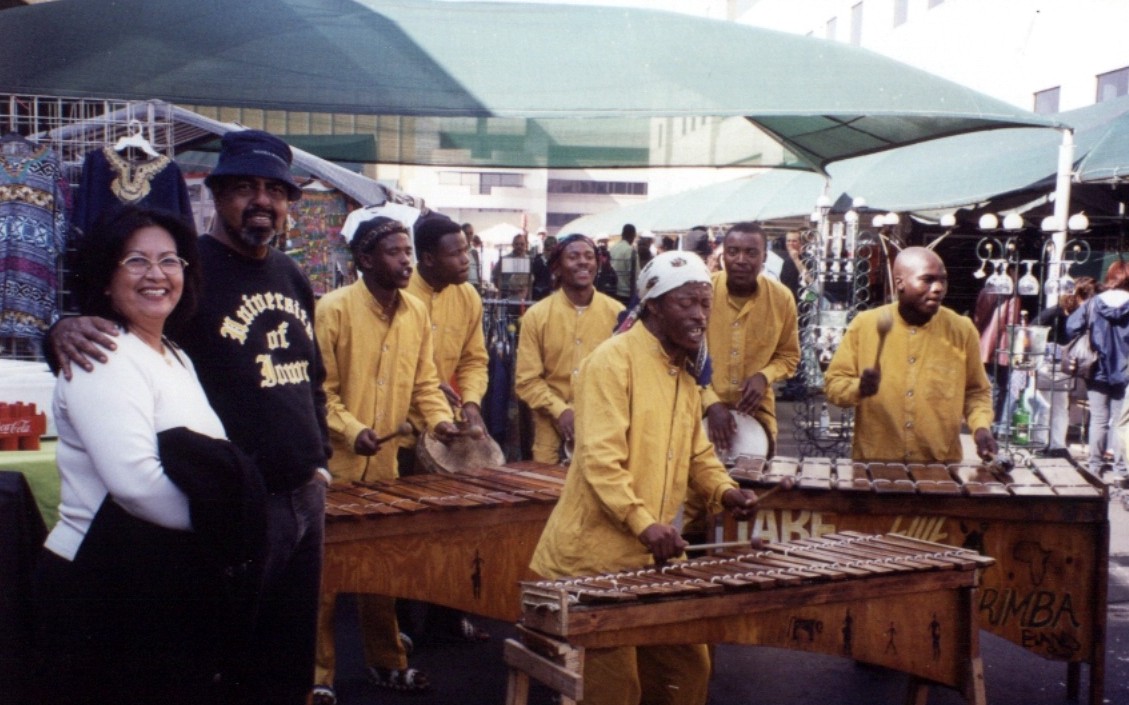

Kenny Gan, Malaysia Chronicle
I started working as a young graduate electrical engineer in 1983 in an engineering firm in Kuala Lumpur. My starting salary was RM1200 which was pretty typical in those days. This may not seem much now but mixed rice was less than RM2.00 with Chinese tea and petrol was RM1.00 a litre. After 6 months and an increment under my belt I plonked down for set of wheels; a cute little Toyota Corolla which I paid off in 3 years. Two years later I put down the deposit for a double storey terrace house in a thriving suburb near the capital.
Fast forward to the present and it would be very hard for any graduate to follow my act without substantial help from their parents. No, I wasn’t from the privileged class and I didn’t get a leg-up from my parents, save for the education they gave me. Present day graduates start their working life at RM1800 to RM2000 a month, not a lot of difference from 25 years ago but prices of everything have tripled and quadrupled. A hawker meal now cost RM5 (drinks extra), prices of cars and houses have grossly outpaced income and there are new expenses like toll, hand phones, ASTRO and internet. Our ringgit has depreciated against foreign currencies making consumer goods and overseas travel more expensive. To put it simply, real income has declined.
Today we find that graduates have to ride motorbikes if their parents do not help them buy a car. A car loan has to be stretched to 8 or 9 years just for a basic family car. The middle class is burdened by high car loans which they have little choice due to the stunted public transport. We find couples who are both working graduates lamenting that they cannot find any house within their means. Many of them have to get help from their parents to pay the house deposit. Unfortunately they will have nothing to give a helping hand to their children in future.
At the lower end of the labour market things are no better. From 1985 to 1995 salaries for factory workers, manual workers, office staff and the like increased by about 50% but they have stagnated for the past 15 years. Today our factories are filled with foreign workers because local workers are unable to survive on wages of RM700 a month which will be wiped out by transport and rental alone. Are they expected to spend all their free time working overtime just to earn enough to eat?
Employers decry that locals are not interested but our workers are expected to survive on wages which were marginal even 15 years ago even though prices of goods and services have more than doubled since. We should note that if the salaries of the lower level cannot go up neither can the salaries of the upper level so the masses of foreign are also keeping the salaries of professionals depressed.
Going backwards
There are few countries where life gets harder as the years pass but Malaysia is one of them. In a healthy country it is more usual for the standard of living to improve from generation to generation. In Australia graduates are buying houses earlier then before despite the rise in prices and they holiday overseas before they graduate. Even traditional basket cases like the Philippines stay the same if they do not improve. A declining standard of living is the usual province of failed states like Zimbabwe, Congo and Myanmar.
Compared to countries like Singapore, Hong Kong, Taiwan and South Korea which were on the same footing as us in the 1970s, Malaysia’s economic progress has been dismal. Today they have left us far behind despite lacking our advantage of rich natural resources. Singapore is now a first world country with per capita income of 5 times ours, Hong Kong is 4 times and Taiwan and S. Korea about 2.5 times. The value of our ringgit has depreciated from RM2.00 to USD1.00 in the early 1980s to RM3.20 today while their currencies have appreciated substantially.
Malaysia’s economy has indeed been growing at 6%-8% a year for most of the past two decades. But GDP growth figures do not translate into general economic wellbeing as the disparity in income between the haves and the have-nots has moved steadily wider. According to the Gini coefficient which measures the inequality of income distribution, Malaysia has the worst income disparity in Asia. Wealth is being created but they mostly end up in the hands of the politico-business elite while corruption robs the poor and middle class to give to the rich.
What went wrong with Malaysia?
Authoritarian governments like Singapore, Taiwan and South Korea can still generate economic progress and uplift the standard of living of their citizens so what went wrong with Malaysia? Do they have something we lack or is it due to something we have that burdened us?
If there is any one reason which is the mother of all reasons for Malaysia’s lacklustre performance it is racial policies which has replaced meritocracy, encouraged rent seeking practices, resulted in economic inefficiency and distortion, pulled down education standards, caused a brain drain and become a vehicle for wastage and massive corruption. They are also responsible for dampening the human spirit required to drive the economy forward.
The role of corruption in regressing living standards cannot be understated. Corruption is basically a re-distribution of wealth from the poor and middle class to the rich. The plunder of public funds eventually means higher direct and indirect taxes like GST and higher charges for public services. Unfair negotiated sweetheart deals between the government and cronies such toll concessionaires, IPPs and water supply are passed to the man in the street to foot the bill by paying higher tariffs.
Protectionism for an ill-advised car industry has saddled the middle class with paying high prices for shoddily built cars while favoured cronies laugh all the way to the bank. Consumers have to grapple with external inflationary pressure from world commodities and internally generated inflation to feed cronies.
Where to, Malaysia?
Najib’s NEM (New Economic Model) contain lofty aims to lift Malaysia to a high income country but it does not address the structural problem of efficiency sapping racial policies, endemic corruption low education standard and dependency on foreign workers. Oppression of democratic rights and subjugating the independence of law enforcement institutions like the judiciary, police and MACC also keep investors away. Without the political will to institute real reforms whatever snazzy economic plan rolled out will become an extension of the NEP and fail.
As real income continue to decline in the face of stagnated wages and increasing inflation the standard of living will keep going down. What happens next is predictable. If our graduates cannot make a decent living here they will go overseas to look for work. Following their heels will be masses of Malaysians looking for work as maids, waiters and unskilled labourers. We will become a maid and labour exporting country like Philippines and Indonesia.
As long as BN continues to rule there will be no meaningful reforms to uplift the economy and living standards of the common people. What the country needs is a new government which can discard the racial baggage of the past to drive Malaysia forwards. The alternative is a maid exporting country and by 2020 instead of a high income country.









































No comments:
Post a Comment